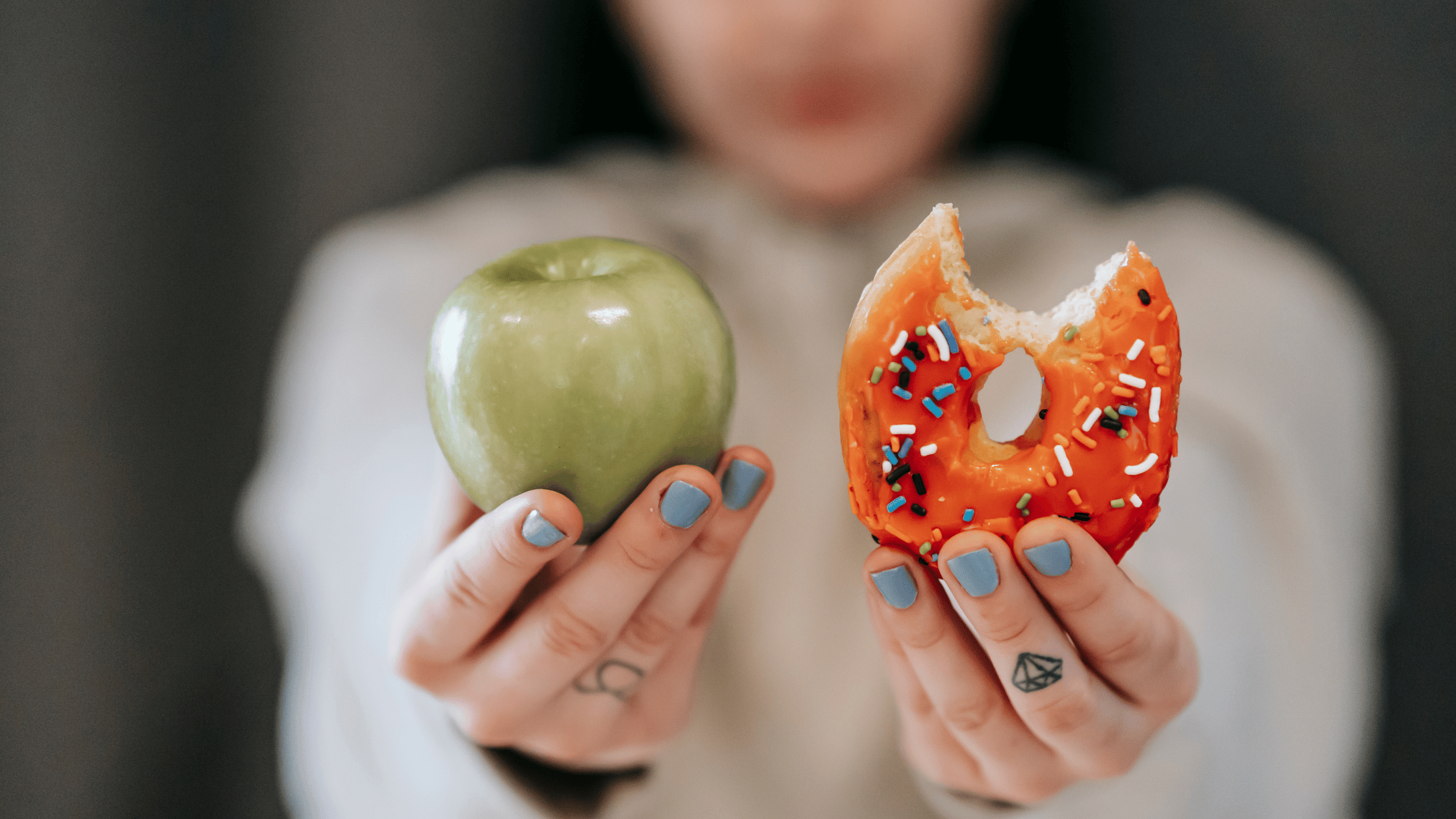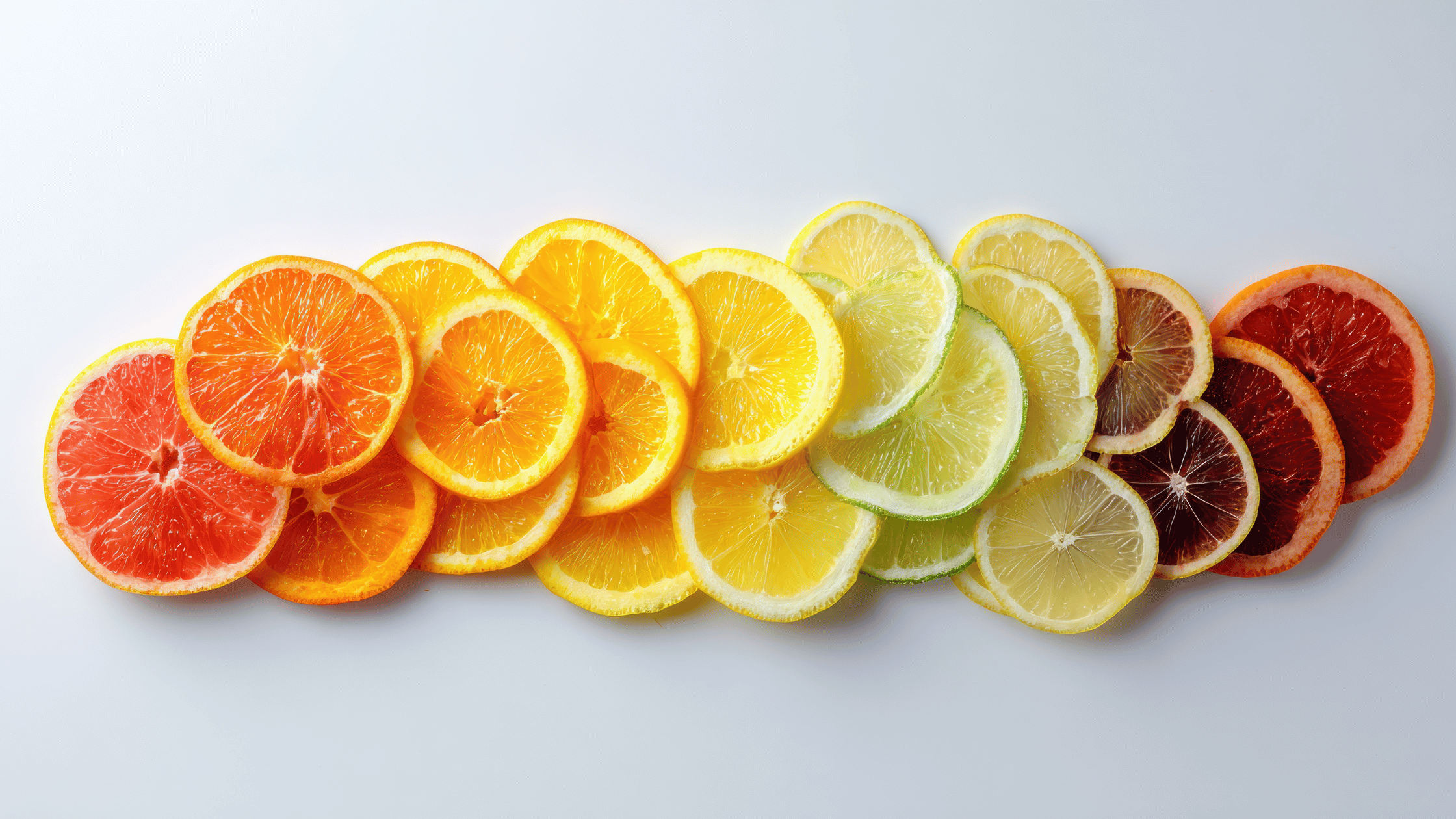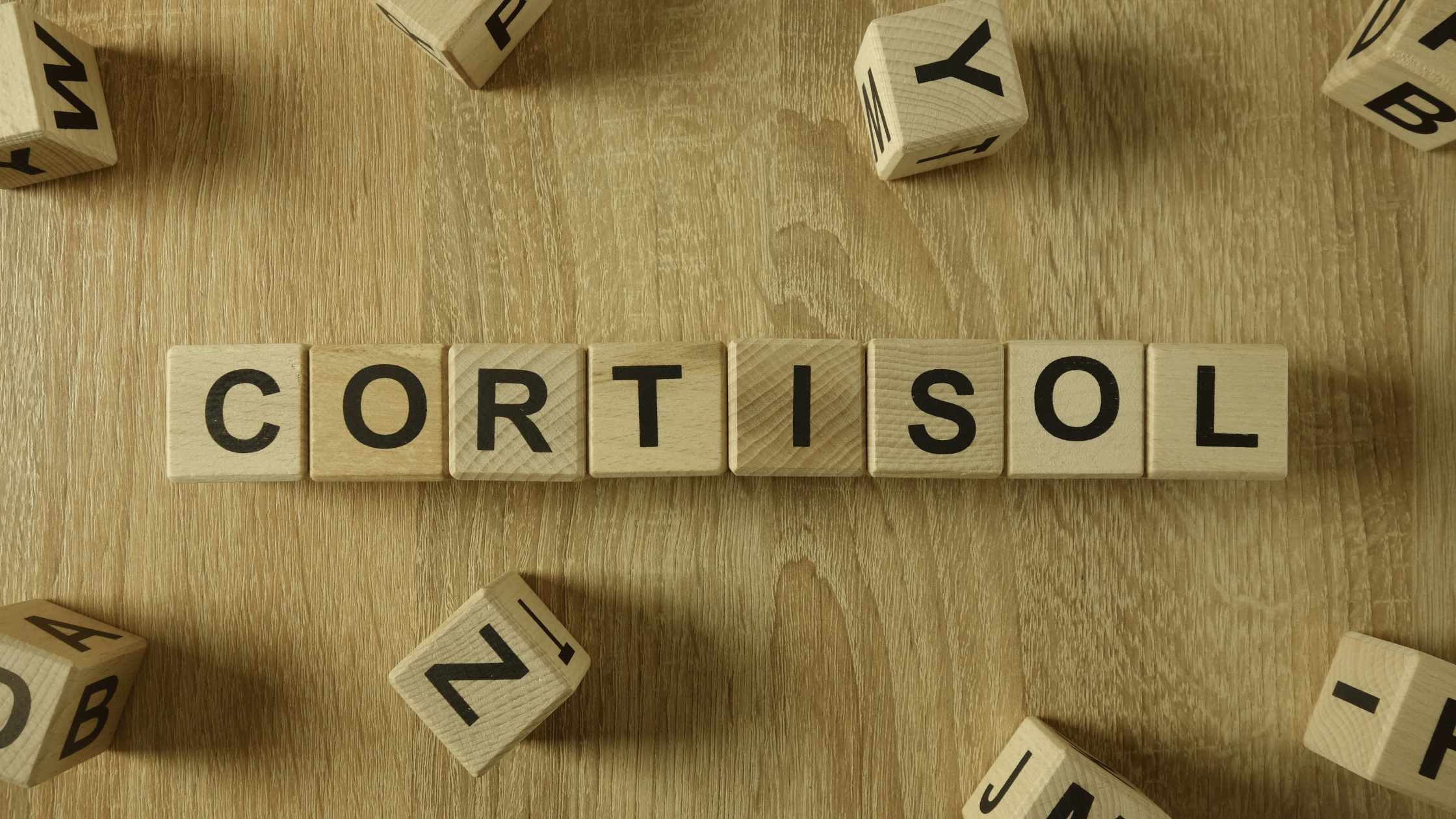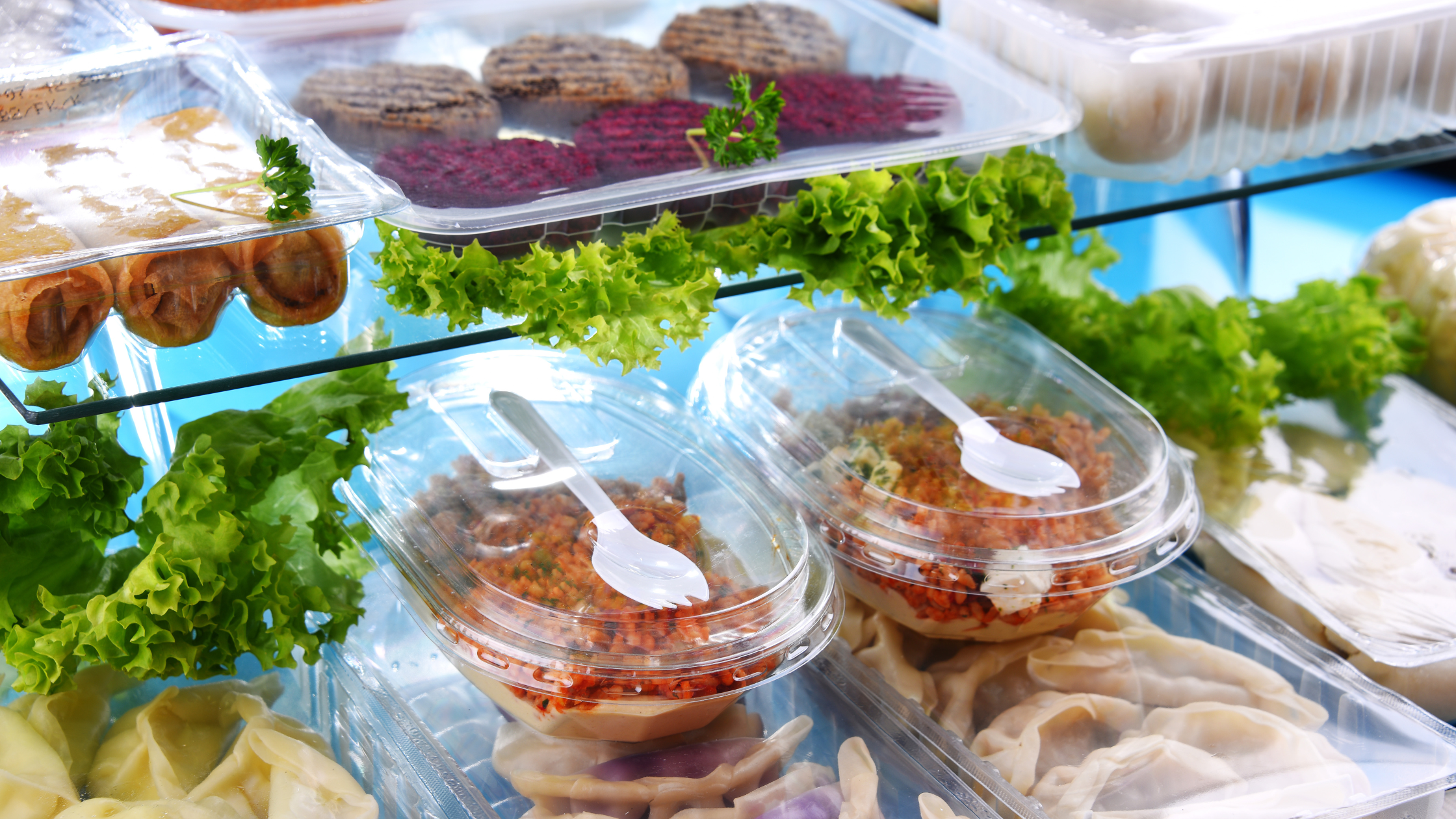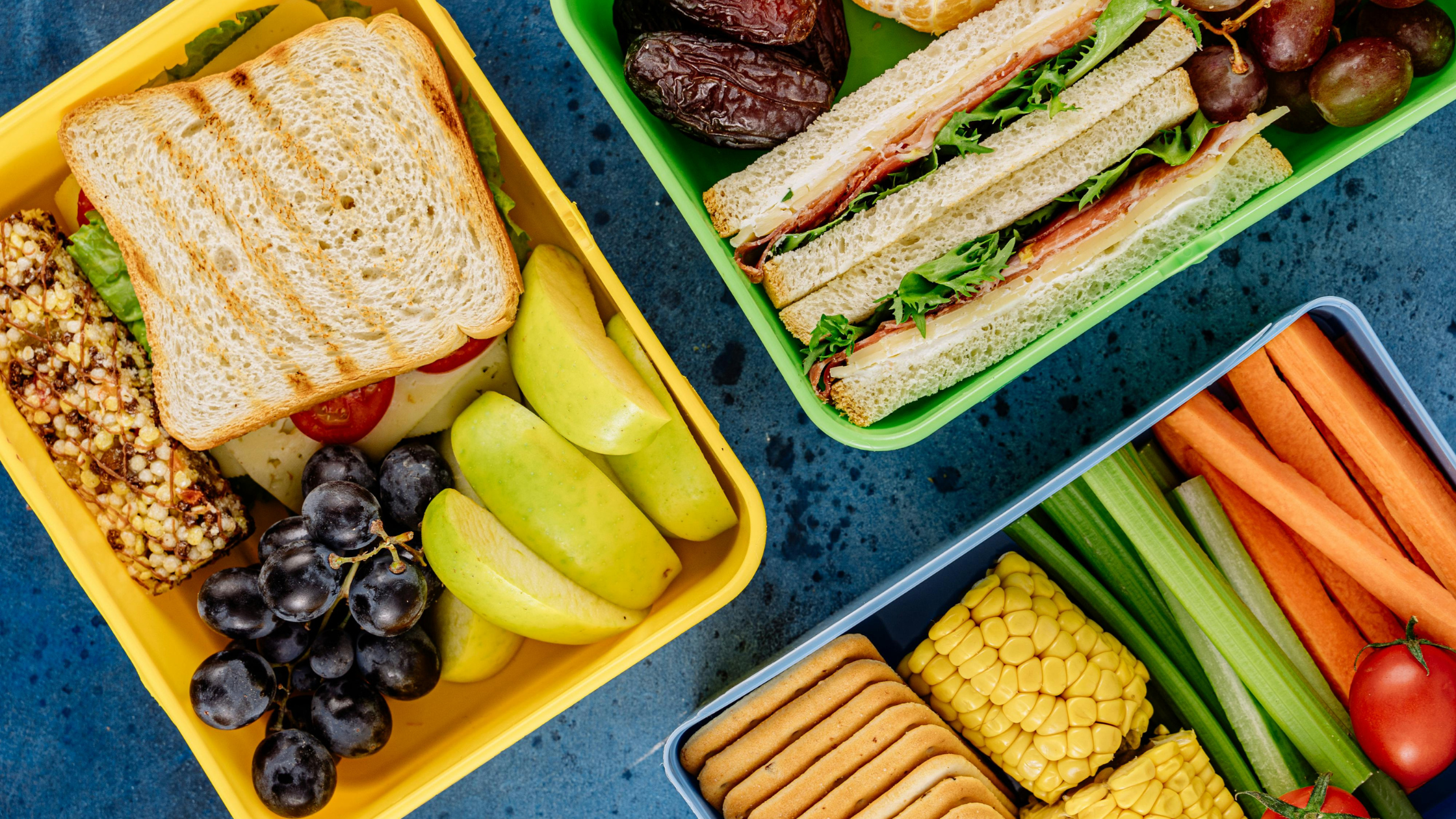Blog
Nutrition 101
Check out the resources below for delicious recipes, answers to common nutrition questions, and so much more!
When Anxiety Shows Up in Your Stomach: Understanding Gut-Driven Stress Responses
Learn how anxiety affects digestion, appetite, and gut health. Explore the gut-brain connection and gentle strategies to calm your nervous system.
Sensory Burnout and Food Fatigue: When Even Your Favorite Foods Stop Working
Sensory burnout and food fatigue are common in ADHD. Learn to spot texture overload and meal fatigue—and gentle ways to rotate foods without overwhelm.
What “Balanced Eating” Actually Looks Like (and Why It’s Not About Perfection)
Learn what balanced eating really means—beyond perfection or food rules. Discover flexible plate-building tips, mindset shifts, and gentle ways to include all foods without guilt.
Decision Fatigue and the ADHD Brain: How to Outsmart Mealtime Overwhelm
Struggle with mealtime indecision or skipped meals? Learn how decision fatigue affects the ADHD brain and practical dietitian-approved strategies to simplify eating and support focus.
Understanding Acid Reflux & GERD: Common Food Triggers, Daily Habits, and What You Can Do to Feel Better
Learn how common foods, daily habits, and simple lifestyle changes can reduce acid reflux and GERD symptoms. An easy, approachable guide to feeling better.
Cortisol and Menopause: What You Need to Know
Cortisol shifts in menopause can affect mood, sleep, and weight. Explore evidence-based ways to support balance without extremes.
Intuitive Eating with ADHD: Finding Flexibility, Not Perfection
Living with ADHD? Intuitive eating can feel tricky—but it doesn’t have to. Learn how to adapt intuitive eating to fit your brain and support your nutrition.
Recovery Reads & Listens: A Curated Guide for Eating Disorders
Practical and inspiring recovery resources—books, blogs, and podcasts that provide guidance, compassion, and connection for eating disorder healing.
Breast Cancer & Nutrition: Finding a Flexible, Supportive Approach
A breast cancer diagnosis brings food questions. Here’s what research says about nutrition, weight, and healing—in a flexible, realistic way.
Step Away from the Protein Powder: Muscle & Balance in Menopause
Protein gets a lot of hype—but it’s not the only nutrient that matters in midlife. Learn how protein, movement, and balance support women’s muscle and bone health in perimenopause and menopause.
Simplify School Lunches: Dietitian-Approved Systems for Busy Families
Struggle with school morning chaos? Learn dietitian-approved lunch-packing systems that support executive function, reduce stress, and make meal prep easier for neurodivergent students and parents.
10 Gentle Reminders to Support Eating Disorder Recovery
Gentle affirmations to quiet the ED voice and stay nourished. Discover how consistent nourishment protects mental health, lowers stress, and supports long-term recovery with an all-foods-fit approach.
Back-to-School Meal Prep: 8 Recipes and Shortcuts That Save Time
Back-to-school nights are busy, but dinner doesn’t have to be stressful. Discover 8 easy recipes and dietitian-approved meal prep shortcuts to save time, cut stress, and keep weeknight meals balanced and family-friendly.
What to Do When You Hit a Plateau with Nutrition Goals (Without Falling Into the All-or-Nothing Trap)
Noticing a slowdown in your nutrition progress? Here’s how to reframe a plateau as a signal—not a setback—discover how to navigate them without slipping into perfectionism, restriction, or self-blame.
20 Journal Prompts to Support a Healthier Relationship with Food and Body Image
Struggling with body image or constant food thoughts? These 20 journal prompts can help you reflect, find self-compassion, and reconnect with your values.
When Kids Say ‘I’m Not Hungry’: Positive Feeding Strategies and Red Flags to Watch For
Learn gentle, research-backed strategies for handling mealtime struggles with kids and teens who say they’re not hungry — and discover how to spot signs of an eating disorder.
Movement & Menopause: Why Exercise Matters (and What It Can’t Fix)
As hormone levels fluctuate and decline during perimenopause and menopause, many people notice changes: weight gain (especially around the midsection), disrupted sleep, joint aches, increased fatigue, and longer recovery times. While these shifts are a natural part of aging, they can be frustrating — that’s where physical activity becomes both a tool and a support system. Let’s explore what it can help with, what it can’t do alone, and how to move through this stage with more ease and confidence.
ADHD Medications, Appetite, and Digestion: What to Expect and How to Manage Side Effects with Food
ADHD medications can be life-changing tools that improve focus, motivation, and executive function. But for many individuals—especially children, teens, and adults with newly diagnosed ADHD—they can come with some frustrating side effects, especially around appetite and digestion. The good news? Nutrition and simple lifestyle strategies can often ease these side effects without compromising the benefits of treatment.
What Happens to Estrogen and Progesterone During Menopause? Plus Nutrition Tips That Help
The hormonal changes of perimenopause and menopause can impact everything from sleep and metabolism to mood, memory, and even your relationship with food. So let’s break down what estrogen and progesterone do in the body, what happens when they decline, and how nutrition and lifestyle choices can help you feel more in control during this transition.
How to Reduce Microplastic Exposure from Food (Without Losing Your Mind)
We’ve all heard about plastic pollution in oceans and landfills—but what about in our food? Yep, those tiny bits of plastic (called microplastics, smaller than 5mm) are now showing up in places they absolutely shouldn’t: our meals, our water, and even inside our bodies. It sounds alarming, but don’t panic. Let’s break it down in a way that’s easy to understand—and easy to act on.
Chat with us
Not sure where to start? Schedule a discovery call and we can help.



